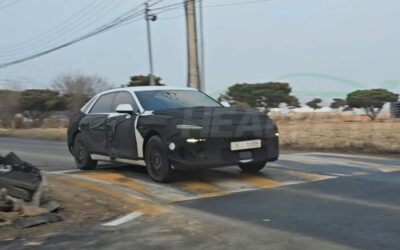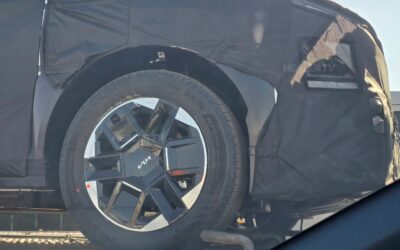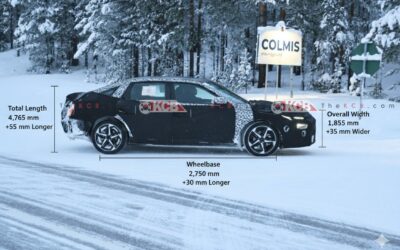Hyundai Motor Company and Kia Corporation have reported record-breaking sales for Q2 2025, driven by surging demand for hybrid and electric vehicles. However, both automakers experienced double-digit declines in operating profit due to the full impact of the 25% U.S. auto tariffs imposed in April, increased incentives, and competitive global market conditions.
Hyundai Motor Company Q2 2025 Performance
On July 24, Hyundai Motor Company announced that its operating profit for the second quarter fell 15.8% year-on-year to 3.6016 trillion won, despite achieving the highest quarterly sales in company history.
- Sales: 48.2867 trillion won (up 7.3% YoY)
- Operating Profit Margin: 7.5%
- Global Units Sold: 1,065,836 (up 0.8% YoY)
The sales surge was primarily fueled by record-high hybrid vehicle sales and growth in financial services, with eco-friendly vehicle sales soaring 36.4% YoY to 262,126 units. This included:
- Electric Vehicles (EVs): 78,802 units
- Hybrid Vehicles: 168,703 units
Despite sales growth, Hyundai warned that the full-scale impact of U.S. tariffs and rising global sales costs are slowing profits. The automaker expects greater tariff-related headwinds in the second half of 2025, with Vice President Lee Seung-jo stating, “We expect to be more affected in the second half than in the second quarter… We will follow a ‘fast follower’ pricing strategy and monitor market conditions closely rather than preemptively adjusting prices.”
Hyundai is focusing on:
- Short-term cost reductions
- Localizing parts sourcing to offset tariff burdens
- Boosting production efficiency through R&D and quality collaborations
Additionally, Hyundai declared a second-quarter dividend of 2,500 won per share, up 25% from 2024, as part of its “Value-Up” shareholder program.
Kia Q2 2025 Results
Kia, Hyundai’s sister brand, faced a steeper decline in operating profit, falling 24.1% year-on-year to 2.7648 trillion won, despite 6.5% sales growth to 29.3496 trillion won. Net profit slid 23.3% to 2.2682 trillion won.
Kia attributed the decline primarily to the U.S. tariffs, but highlighted strong hybrid vehicle sales and new model launches as offsetting factors. The company maintained a solid 9.4% operating profit margin, which remains one of the highest in the global auto industry—second only to Toyota.
A Kia spokesperson emphasized, “While tariffs significantly impacted profits, sales have risen thanks to our hybrid lineup and high-value-added models. We’ve maintained profitability by increasing our average selling price and leveraging favorable exchange rates.”
Outlook for Hyundai and Kia
Both Hyundai and Kia anticipate continued challenges in the second half of 2025, including:
- Uncertainty from U.S. tariffs and global trade tensions
- Economic slowdowns in key markets
- Declining consumer purchasing power
To counteract these pressures, the automakers plan to:
- Expand local production capacity in the U.S.
- Accelerate hybrid and electric vehicle lineup growth
- Continue cost-optimization and parts localization strategies
With eco-friendly vehicle sales becoming a key growth engine, both companies aim to solidify their leadership in the hybrid and EV markets despite the challenging trade environment.
Why This Matters
The Q2 2025 financial results highlight the resilience of Hyundai and Kia’s hybrid and EV strategies, even as U.S. tariffs pressure profits. Investors, industry watchers, and consumers can expect more localized production and aggressive electrification plans from both brands as they navigate volatile trade and economic conditions.





